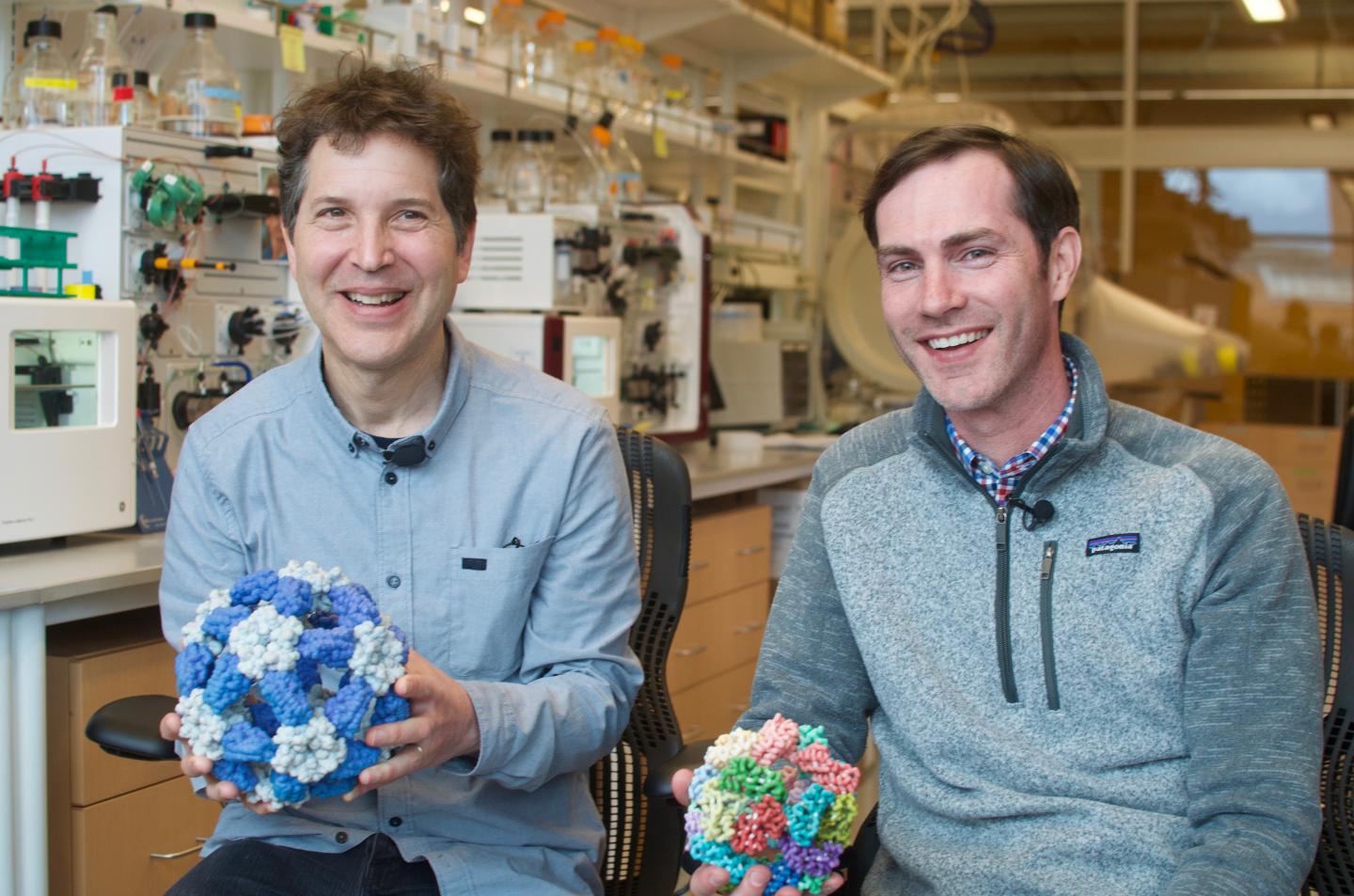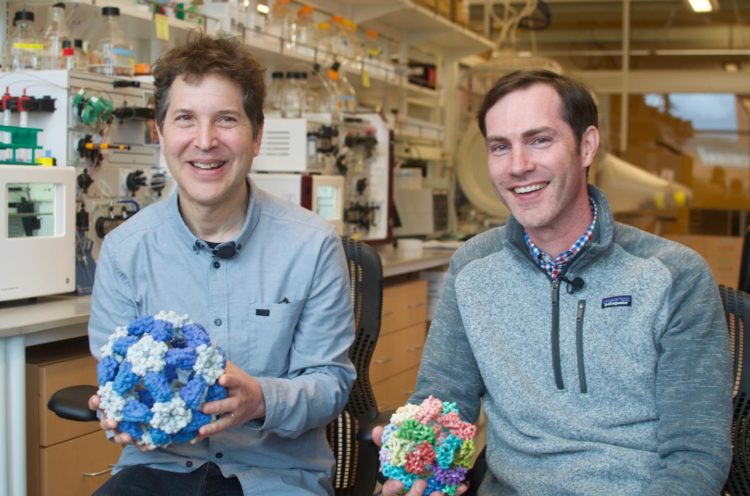
Credit: Ian C Haydon / UW Institute for Protein Design
Proteins are the molecular machines that make all living things hum — they stop deadly infections, heal cells and capture energy from the sun. Yet because our basic understanding of how proteins work has until now remained a mystery, humans have only been able to harness the power of proteins by modifying ones we happen to find in nature. This is beginning to change. Enabled by decades of basic research, the rise of inexpensive computing, and the genomics revolution in reading and writing DNA, scientists can now design new proteins from scratch with specific functions.
David Baker, Professor of Biochemistry and Director of the Institute for Protein Design at the University of Washington will speak about how algorithmic processes such as de novo design predict protein structures, protein folding mechanisms, and new protein functions. Computational protein design is now being used to create proteins with novel structures using iterative structure prediction and experimental structure characterization. These results suggest that new proteins — encoded by synthetic genes –can be designed on computers with atomic-level accuracy.
In April 2019, the Institute for Protein Design (IPD) was selected as part of The Audacious Project, a successor to the TED Prize. As a result, the IPD is expanding its research on vaccine design, targeted drug delivery, ‘smart’ therapeutics, next-generation nanomaterials and more.
###
More information:
Designer Proteins
https:/
UW Institute for Protein Design website:
https:/
Baker Lab website:
https:/
David Baker’s 2019 TED talk:
https:/
Media Contact
Marianne Lucien
[email protected]
41-795-486-255
Original Source
https:/
Related Journal Article
http://dx.





